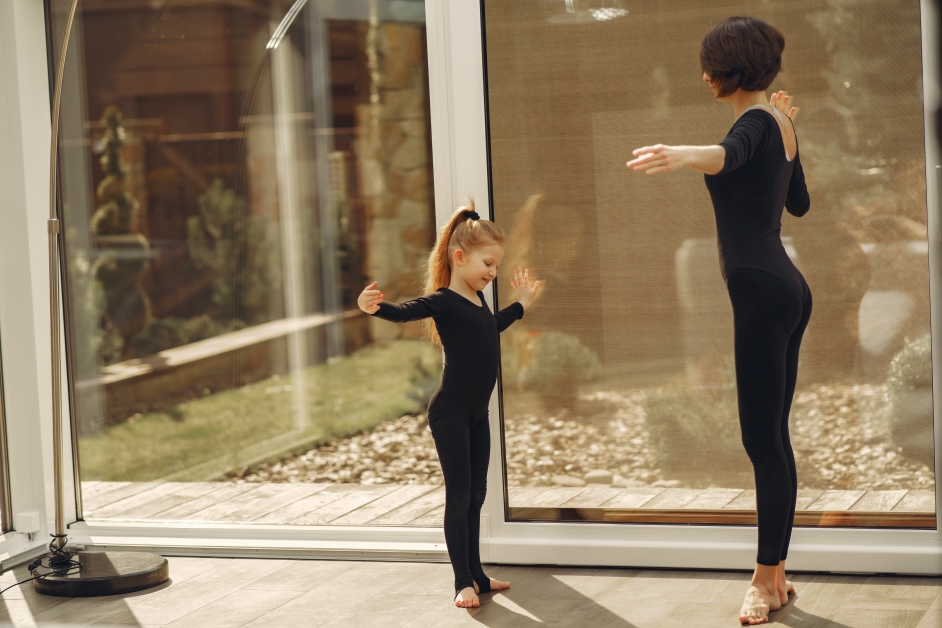No products in the cart.
Dancing
Benefits of Dance In Early Childhood
Benefits of Dance In Early Childhood
Today, more and more parents are looking for ways to get their children to participate in physical activities.
We now live in a world where children spend little time playing outside with their friends and are happy to sit in front of a computer screen all day.
It’s an obvious fact that by allowing our kids to sit around all day without getting some form of physical exercise would be doing them a great injustice, which can also lead to certain health issues further down the line, such as obesity.
Enrolling your child into a dance class is a great way for him/her to participate in a physical activity that is not only good for their overall health but is also great for creativity and communication skills.
Here we list some of the benefits:
Physical Development
Kids who regularly participate in some form of dance can expect to see a significant increase in fitness levels and an overall improvement in physical health, as dancing is highly physical.
Dancing on a regular basis can increase your child’s levels of flexibility, their range of motion, physical strength and stamina.
As dance is such a physical activity, it helps build up muscle tone which also helps build strength within the skeletal system, this will help promote a healthier aging process. It’s widely known that dancing is great for the cardiovascular and nervous systems also.
Dancing can be a great benefit to children who are overweight. It offers a fun environment where they can potentially lose weight and also improve their eating habits.
Engages the brain
Many studies have found that dancing is particularly beneficial for elderly people as it can lower the risk of dementia by as much as 70% and is also being used to treat and help prevent other neurological conditions.
The reason dancing is so good at for our brains is that it a pleasure double play. When dancing, the music stimulates the reward centre in the brain, and the dance activates the sensory and motor circuits.
There are some truly fascinating studies and results being produced regarding the positive effects that dancing has on our brains, particularly in older people over the age of 60.
If dancing can produce such great results in elderly people, it must be extremely beneficial for our youngsters today.
Improve Social Skills
The great thing about children attending dance classes is the improvement in their social, emotional and communication skills.
Dancing is a social activity by nature and can teach children from a young age how to work with others, as part of a team and how to be more trusting
Its also the perfect environment to make new friends and if your child is a shy, enrolling her or him into dance lessons could encourage them to become more outgoing and become less anxious about meeting new people.
Being committed to dance involves responsibilities that can instill great habits that are long-lasting and beneficial as the child grows older.
Dance class promotes good timekeeping and organisational skills as the child need to arrive on time, every time with fixed hair, correct clothing and be fully prepared. This can show children that being dedicated to something can bring great positivity into their lives while giving them a sense of accountability.
With perseverance and self-motivation, a child can be encouraged to solve problems through experimentation and learn that if they don’t succeed, to get up and try again. The ability to make a mistake, ask for help and accept constructive feedback to improve is a great skill to obtain in childhood.
Overall, dancing either at a competitive level or just for a hobby will help children develop socially, emotionally and cognitively while the discipline, dedication and focus learned are all life skills that will transfer over to school work and other important aspects of their life


